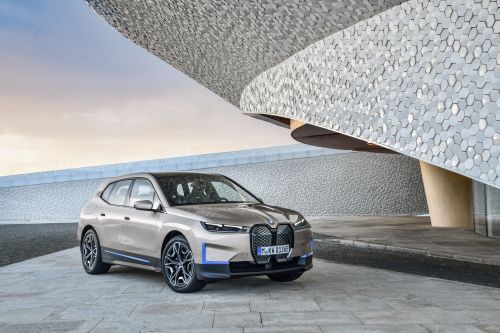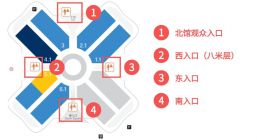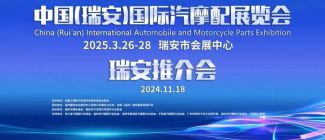Scan QRCode

The cooperation between BMW Group and Toyota on fuel cell and other projects is expected to extend beyond 2025.
On November 12, according to a Reuters report, BMW Group CEO Ziptzer stated that he would extend cooperation with Toyota in areas such as fuel cells. He hoped that the cooperation between the two parties could be extended beyond 2025.

As early as 2011, BMW and Toyota signed a cooperation agreement.
In December 2011, at the Tokyo Motor Show, Toyota and BMW signed a memorandum, announcing that they would establish a medium- and long-term partnership to jointly develop the next generation of environmentally friendly vehicle technologies. At that time, the cooperation between the two parties mainly stayed at the level of technology exchange. For example, Toyota took advantage of BMW's diesel engine technology to boost sales in the European market; BMW used Toyota's hybrid technology to reduce production costs.
In June 2012, the cooperation between the two parties further deepened and expanded to the fields of hybrid power, fuel cells, pure electric vehicles, and lightweight technology.
In 2013, BMW and Toyota clearly will cooperate on hydrogen fuel cell technology, including fuel cell power systems and expandable modular components. According to the plan, BMW i Hydrogen NEXT will be equipped with a fuel cell jointly developed by both parties.
After the cooperation between BMW and Toyota, they have jointly built Toyota Supra and BMW Z4. The third-generation BMW Z4 was introduced to the Chinese market last year. Recently, a new generation of Toyota Supra has also been introduced to the Chinese market, and FAW Toyota is responsible for sales.
BMW hopes to extend cooperation with Toyota in fuel cell and other projects, in fact, to strengthen its layout with Toyota's technology in the field of fuel cells.
Ziptzer said that BMW currently has five power modes, including gasoline vehicles, diesel vehicles, electric vehicles, hybrid vehicles and fuel cell vehicles. He said that fuel cell technology is suitable for luxury cars and large cars, and is very suitable for countries that do not have a sound pure electric vehicle infrastructure.
BMW is currently accelerating its transition to electrification.
In 2011, BMW released the new energy vehicle sub-brand i series, successively launched i3 and i8.
On November 11, the BMW Group released the BMW iNEXT production model BMW iX. The car is equipped with the fifth-generation eDrive electric drive system and has a cruising range of more than 600 kilometers (WLTP standard). According to Ziptzer, iX autopilot reached the enhanced L2 level.
However, Ziptz emphasized that BMW will not abandon the fuel vehicle business. He believes that fuel vehicles will not disappear soon, "at least in ten or twenty years."
Chiptzer also said that BMW plans to further reduce the number of models on sale.
AMS2024 Exhibition Guide | Comprehensive Exhibition Guide, Don't Miss the Exciting Events Online and Offline
Notice on Holding the Rui'an Promotion Conference for the 2025 China (Rui'an) International Automobile and Motorcycle Parts Exhibition
On September 5th, we invite you to join us at the Wenzhou Auto Parts Exhibition on a journey to trace the origin of the Auto Parts City, as per the invitation from the purchaser!
Hot Booking | AAPEX 2024- Professional Exhibition Channel for Entering the North American Auto Parts Market
The wind is just right, Qianchuan Hui! Looking forward to working with you at the 2024 Wenzhou Auto Parts Exhibition and composing a new chapter!
Live up to Shaohua | Wenzhou Auto Parts Exhibition, these wonderful moments are worth remembering!
Free support line!
Email Support!
Working Days/Hours!





